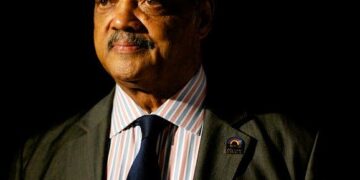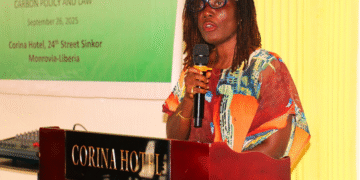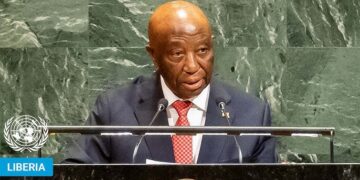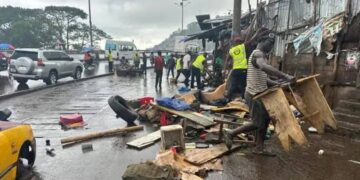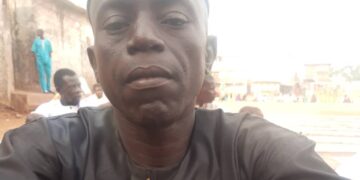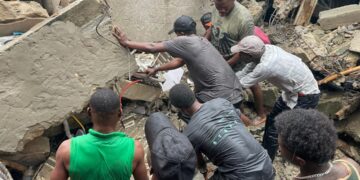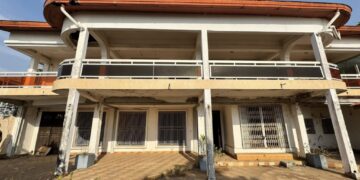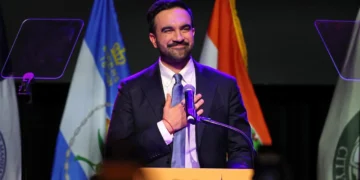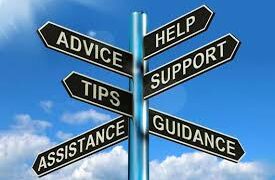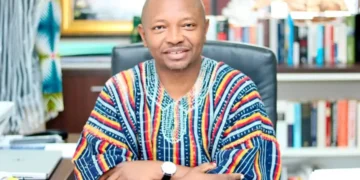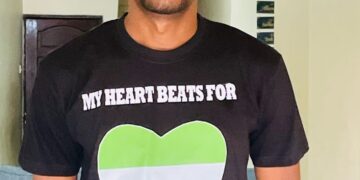Sierra Leone has endured a turbulent past, marked by an 11-year brutal civil war, the Ebola outbreak, uprisings, and extreme economic hardship.
The recent life expectancy for 2025 is 56.62%. A 2023 World Bank study reveals that only 21.1% of the population has access to electricity via the national grid. In Sierra Leone, approximately 37.1% of the population has access to piped water, while access to proper healthcare remains limited. Extreme poverty serves as a significant barrier preventing most families from receiving adequate medical care. These factors are enough to trigger widespread trauma. An alarming increase in drug abuse, even within schools, could be attributed to this trauma as people seek ways to escape.
As a child during the civil war, I witnessed horrors. My parents were constantly relocating us for safety. I have often reflected that our generation did not have a typical childhood experience. I have argued that despite the war ending, we were not properly rehabilitated. I made a personal vow not to subject my children to the trauma we endured.
I firmly believe that one’s mindset defines one’s identity. Without the right mindset, an individual will struggle to achieve anything. Throughout my life, I have underscored that my perspective on the educational system is distinctive. In my youth, we had guidance counsellors in secondary schools. These professionals had designated offices where they would meet with students to offer valuable support and assistance. They worked closely with students facing mental health challenges, bullying, home issues, or learning obstacles. Today, it is uncommon to find such counsellors in schools, and if they are present, they may not be as effective.
Many of the issues plaguing Sierra Leone today stem from broken homes. Childhood trauma has left lasting impacts, resulting in fractured adulthood for many individuals. My vision for education transcends basic academic instruction of the ABCs and 123s. We need a system that fosters the potential of our children. At times, children struggle in school due to home difficulties, hindering their focus. Although a child may be highly intelligent, trauma can lead to underperformance. Teachers may not always recognize these struggles, highlighting the crucial role that a guidance counsellor plays. These counsellors must be accessible, friendly, trained, qualified, and trustworthy. They should monitor students’ progress, engage with them individually, collaborate with parents, and provide academic guidance. When the mind is not in the right state, learning becomes challenging.
As we send our children to school, our primary focus tends to be on academics, often overlooking equally important aspects. In my upcoming article, I will delve into why I believe our educational system necessitates reform.
murtala@murtalamohamed.com

